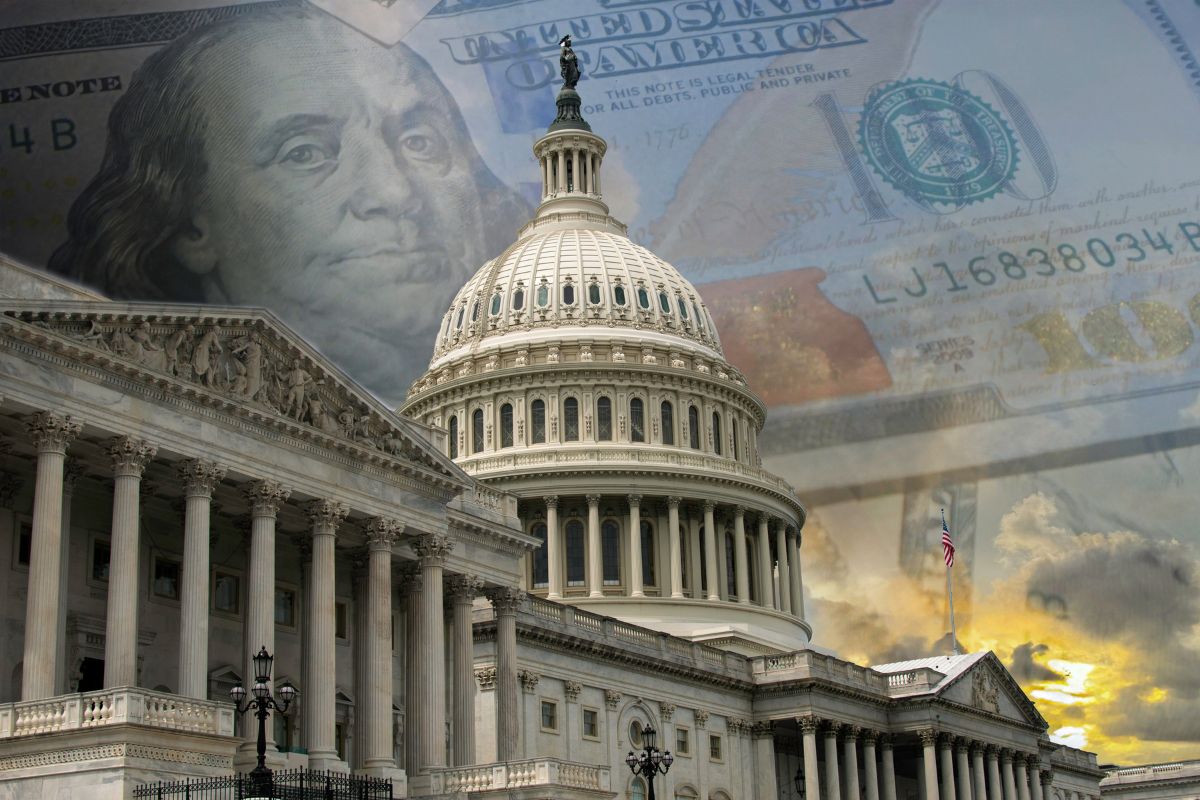During my intern year, in the throes of an unrelenting 14-hour shift where fatigue was all I was feeling, my vision and determination began to wane. Amidst this bone-deep exhaustion, a voice rang out that may as well have been my grandmother with a word from on high.
“Pick up your head. You belong here,” declared a member of the janitorial staff, her voice carrying a weight that halted my spiraling thoughts. As she handed me a piece of peppermint candy, she said: “Baby, remember who you are. These peppermints? They’re not just to brighten your senses when weariness dulls your edge. They’re a reminder to keep your head up. You’re exactly where you need to be.”
At that moment, that kindly janitor became the embodiment of inspiration, offering both a literal and metaphorical sweet reprieve. It was a source of nourishment for a spirit more famished than I had recognized. As a young black doctor and one of the few black doctors in psychiatry, I learned long ago that support can come from surprising places.
The Problem
An unsettling reality is that the medical field continues to wrestle with diversity, equity, and inclusion. This is an openly acknowledged challenge. African Americans are starkly underrepresented among resident physicians. This reflects wider systemic issues that span medical school admissions and the availability of essential resources required to pursue this arduous vocation.
As it stands now, African Americans constitute about 13 percent of the U.S. population. Yet they are a mere six percent of all doctors in the US. Our numbers within the residency community fall disappointingly short too, deepening the cultural chasm between patients and healthcare practitioners.
As for pediatric psychiatrists of color like me – that are perhaps the rarest breed of all in medicine. Nationally, just 4 percent of active psychiatrists are Black or African American.
Yet, despite the glaring disparity, I’ve seen a slow but hopeful rise in the ranks of African American residents, a testament to targeted endeavors to foster diversity in healthcare. The Association of American Medical Colleges reports that the number of Black or African American med school matriculants has increased by 9 percent in the past two years.
That’s not to say that the scarcity of leadership roles filled by people of color isn’t palpable. There are persistent inequalities still firmly entrenched within academic medicine. This gap can magnify the sense of isolation that sometimes plagues my residency experience. It’s a sentiment that resonates with quiet intensity.
The Solution
I, myself, am a Triple Board Resident meaning I am training in pediatrics, general, and child and adolescent psychiatry. That’s quite an accomplishment for anyone, let alone a military vet and a former hospital security guard. My humble background gives me a pretty good sense of what seeing a young, successful black doctor must mean to my community. I remember my time as a security guard, trying to get the doctors’ attention and craving even a crumb of encouragement. They often implied that security guards don’t become doctors.
So, knowing that there is a whole brother- and sisterhood rooting for me means the world. That rich fabric of support blossoms from the robust, often overlooked matrix of solidarity from the entire hospital ecosystem.
I’m referring to the broader hospital staff, the unsung champions. Those who’ve become the daily observers and nurturers of my narrative. They are often the ones to provide refuge within the stormy seas of residency. With unwavering certainty, they continually reaffirm my rightful place in medicine. They ensure that I remember my crucial role in shaping the future of this profession and maintaining my dedication to the highest standard of patient care.
These folks are the beacons who light up the hospital foyer with their smiles as I enter. They are the voices in the corridors, eagerly reminding me, “I’m so proud of you. I know the road you’ve traveled to arrive here.” They stand with pride outside patient rooms, watching me with eyes gleaming. In my practice, they see a celebration of our shared heritage. In my endeavors, they find affirmation.
The Future
Residency is hard enough. The added component of being one of the few, at times, can feel like an overwhelming responsibility. And in those moments, I am grateful to brush against someone who gets it even if it’s just in passing. You don’t want to have to explain why you like sweet potato pie over pumpkin pie, or why Beyoncé, Maze, and Frankie Beverly, along with Kirk Franklin, make for a terrific playlist. You want someone who will lift you up mentally and spiritually in familiar way.
They’re the ones I know who pray for my success. Their words change, but their message is unwavering: “You can do it. You will do it too. You’re going to be good at it too.”
It feels like a rising kinship amongst people from similar communities, especially when the struggle is all too familiar. With the demands of residency, you don’t have the luxury of going home all the time to ‘get your cup filled up.’
No worries. The encouragement of the hospital staff is one heck of a substitute.
__________________________________________________________
Russell J. Ledet, MD, PhD, MBA is currently a Triple Board Resident at the University of Indiana School of Medicine, and he is co-founder and president of The 15 White Coats, and a U.S. Navy veteran.
Further Reading:
Reflecting on Triple Board Intern Year: Dr. Russell Ledet Says, “I Just Need You to See Me For Me”



